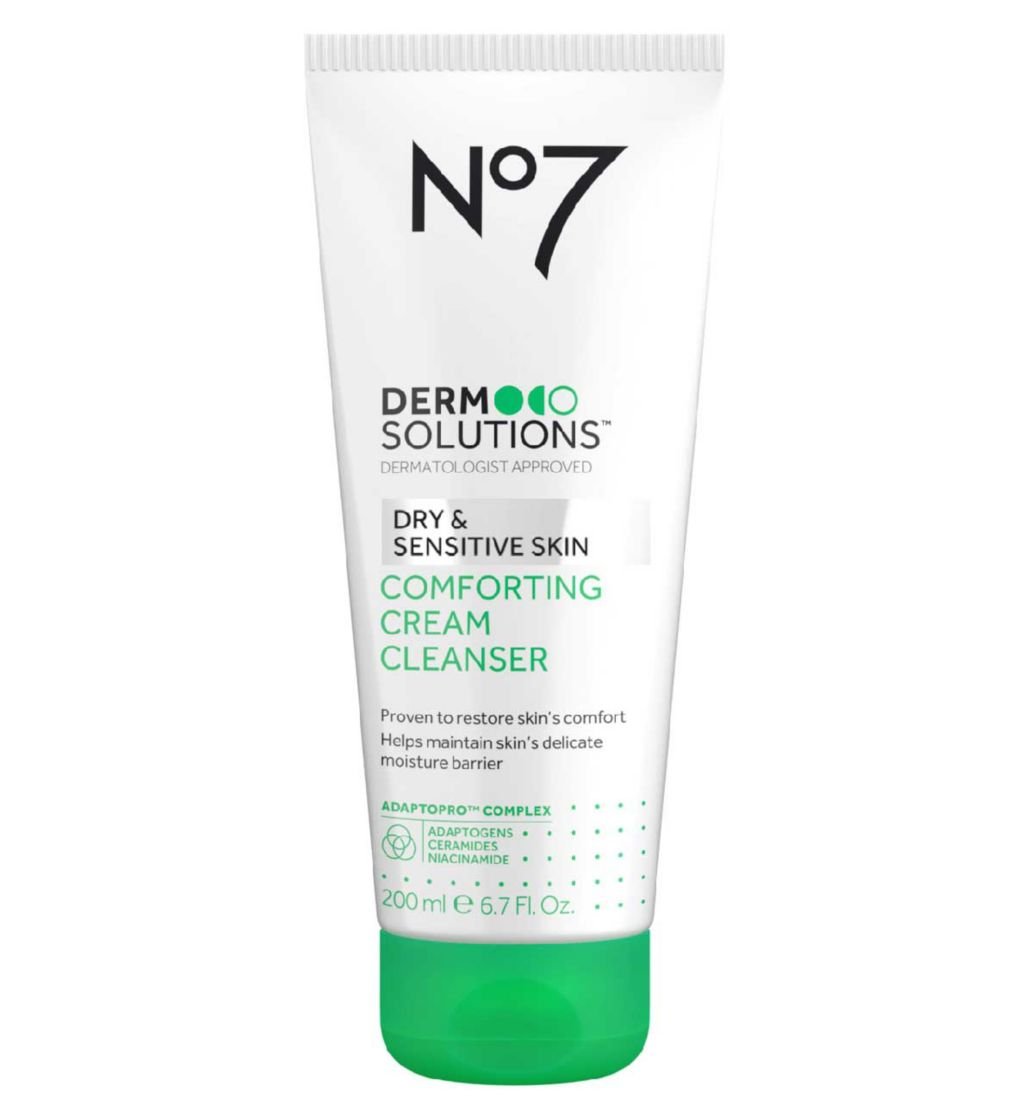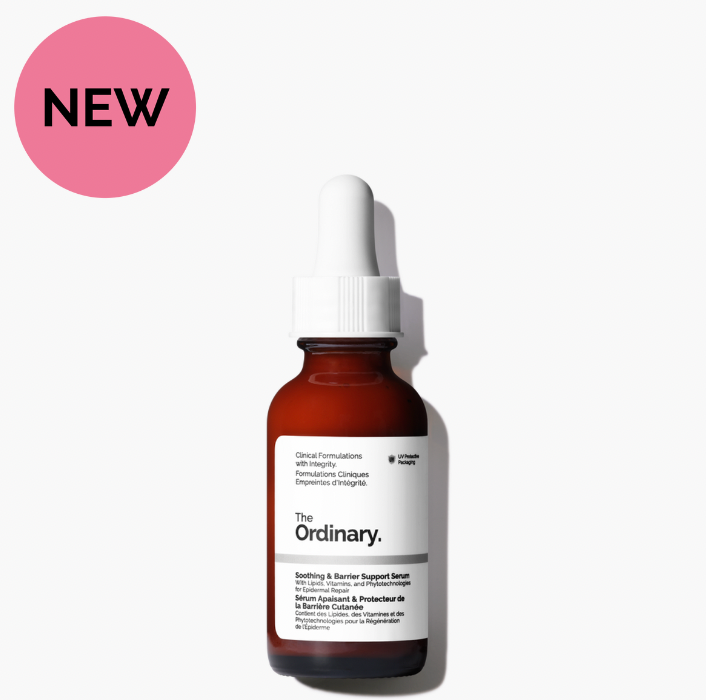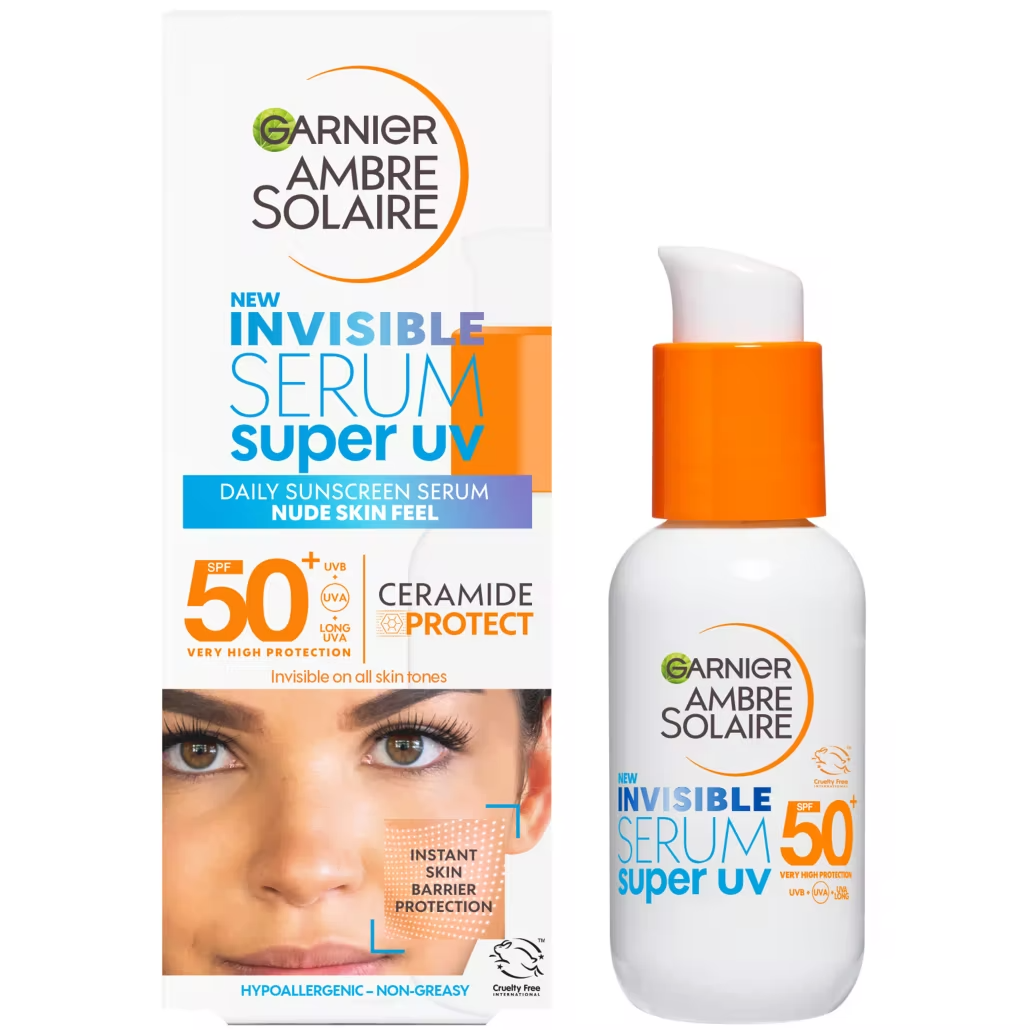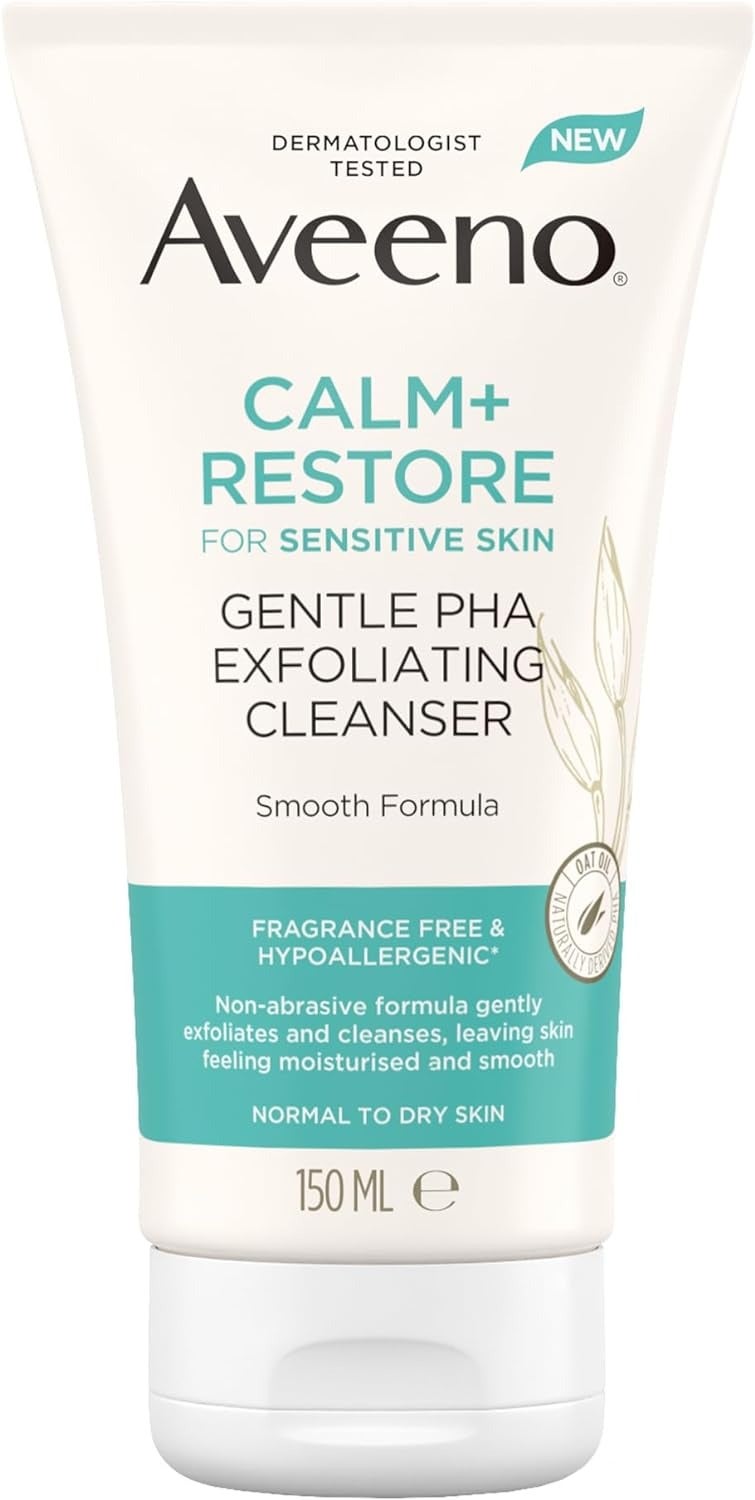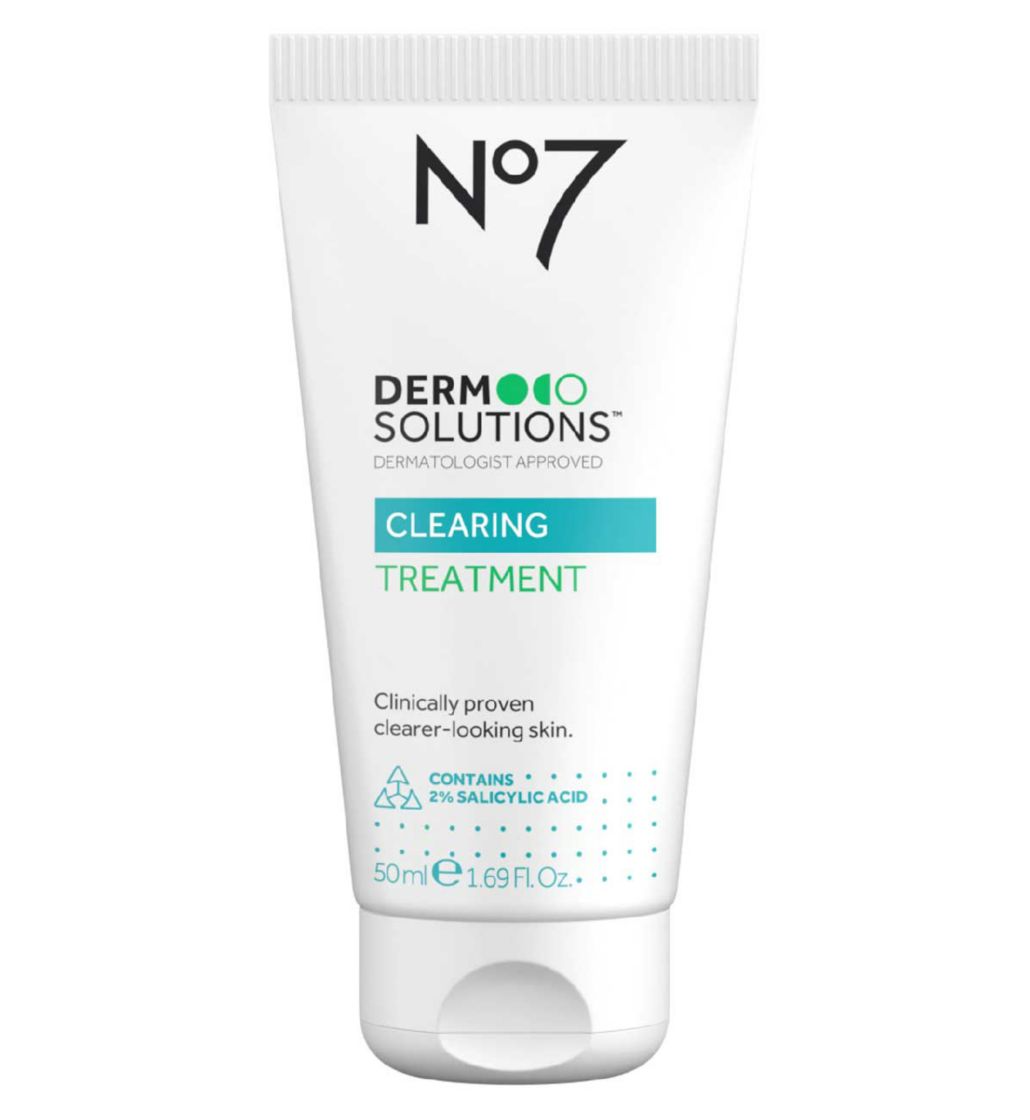The Difficult Skincare Lessons I Learned When I Turned 30
Photo: Courtesy of Jacqueline Kilikita
Though clichéd, I’ve found the old adage to be true: Life is better in my 30s. Acknowledging my privilege, I finally have a job I enjoy, friends I can rely on, and I’ve got a little more financial stability compared to previous years. But the one thing I’m still wrestling with is my skin.
Perhaps it’s naive, but a part of me was convinced that once I left my 20s, all the skin concerns I had experienced — particularly persistent acne — might vanish. In reality, my 30th year has been something of a harsh lesson about said acne, alongside newer concerns like ageing. On one hand, having access to straight-talking dermatologists has helped me let go of the rigid ideas about what my face ‘should’ look like now. But even I (someone whose job it is to question beauty standards) can get carried away by expectations.
AdvertisementADVERTISEMENT
With that in mind, here’s everything I’ve learned about my skin at 30, including why I think anti-ageing skincare is a scam and how you might want to think twice about injectables.
Acne & wrinkles can co-exist — it's normal
A colleague recently joked that adult acne is the worst gift she received for her 30th birthday this year. I understood, and in a strange way, I thought she was lucky: I have 19 years of scars and marks to show for mine. Lately, something else has recently turned up to the party: fine lines and wrinkles. You don’t need me to tell you that skin texture is a completely normal part of ageing. (Anything that reminds me of the good times had belly-laughing with friends or screaming my heart out at concerts deserves more respect.) So why does it feel jarring to see breakouts and fine lines together — and is this normal?
Photo: Courtesy of Jacqueline Kilikita
Around 95% of people aged 11 to 30 are affected by acne to some extent, reports the NHS, but age 30 is by no means the cut off point. In fact, it doesn’t exist. “Female adult acne can persist well beyond the teenage years,” says Dr Anjali Mahto, consultant dermatologist and founder of dermatology clinic Self London. It’s all thanks to various hormonal changes like perimenopause and menopause, among other things like your period and taking the contraceptive pill. Adult acne can even carry on well into your 40s and 50s, adds Dr Mahto.
AdvertisementADVERTISEMENT
I assumed I might have a couple of years of clear skin before I spotted the first signs of ageing, but now I know that skin doesn’t follow a schedule. “The majority of people will notice their first fine lines and wrinkles around the early 30s age,” Dr Mahto tells me, “and this is normal, chronological skin ageing.” She makes me realise that I may have lost sight of what it is to look 30. There is no one size fits all image (and filters on social media have a lot to answer for when it comes to how we perceive ourselves).
If acne and fine lines are bothering you, skincare ingredients like retinoids (including retinol, retinal and prescription-strength tretinoin) could be a helpful addition to your evening skincare routine. “They are good at tackling fine lines and shifting pigment, but they are helpful for acne, too, because they encourage cell turnover and stop the blockage of pores,” explains Dr Mahto. In an ideal world, you’ll want to try a prescription retinoid rather than something over the counter, adds Dr Mahto, as it’s going to be stronger and more effective. In that case, you might find it helpful to visit a dermatologist in person, who can give you the right advice on how to use it without encountering any irritation. If you’re using any kind of retinoid, wearing sunscreen during the day is a must, as it can make skin sensitive to sunlight.
Injectables aren’t for everyone
AdvertisementADVERTISEMENT
When Refinery29 contributor Vicky Spratt shared that she was rejected for Botox last year, I was surprised. After all, she’d had the injections (which relax muscles under the skin and therefore smooth fine lines and wrinkles) a handful of times before. Not only did her chosen practitioner explain that the notion of ‘preventative Botox’ (getting Botox injections for the sole purpose of staving off deep lines in the future) is a myth, but that her facial structure means she is more prone to a drooping brow post-injection. Far from the lifted result most are after.
Refinery29 is a judgement-free zone; it’s why I’ve previously written about my experience with ‘baby Botox’ (essentially a minimal amount of Botox). I loved the fresh look it lent my skin, but later, when I went to a different clinic and asked for more units (curiosity got the better of me) I was left disappointed by the results. In fact, the injections made me look older. Just like Spratt had been warned, my brows fell considerably and the Botox made the skin around my eyes sag. Unlike filler, Botox cannot be dissolved or reversed; it could take up to three or four months to wear off.
Aesthetics doctor and trainer, Dr Jonny Betteridge of JB Aesthetics, tells me that different patients require different injection patterns. “When done correctly, effectively and on the right patient, Botox can transform someone's appearance,” says Dr Betteridge, but it’s imperative to book a consultation beforehand to conclude whether you are a good candidate. Of course, injectables are a personal choice, but Dr Mahto thinks that there has been a serious push towards them recently. “People say, ‘You've got to start preventative Botox in your 20s or you’re going to look really haggard by the time you’re 30 or 35.’ What we actually forget is that 30 and 35 is still really young,” says Dr Mahto. She adds that we don’t actually know about the long term effects of trying these treatments so early on. “Historically, we never did these treatments so early and there is a concern,” says Dr Mahto. As a rule of thumb, Dr Betteridge will not treat patients who are younger than 25.
AdvertisementADVERTISEMENT
Expensive skincare isn’t always the best skincare
The rise of the #shelfie has convinced us that expensive, aesthetically pleasing skincare is the only skincare that works. Having tried serums and moisturisers worth hundreds and others just a couple of pounds, it’s the more affordable brands which have made the most difference to my skin — and I’m more likely to repurchase them. I particularly rate brands like The Ordinary and The Inkey List, which have democratised skincare. Now, ingredients like encapsulated retinol (retinol which is slowly released into your skin over time to help minimise irritation), peptides (essentially skin-strengthening proteins) and brightening vitamin C are more accessible.
“It’s a common misconception that you have to spend a lot of money on skincare,” confirms Dr Betteridge. “You can get a good quality routine from Boots.” In fact, he rates Boots’ own range, Boots Skincare. My current skincare routine is almost exclusively high street. Right now, I’m using No7 Derm Solutions Comforting Cream Cleanser, £14.95, followed by The Ordinary Soothing & Barrier Support Serum, £17.30, and Garnier Ambre Solaire SPF 50+ Super UV Invisible Face Serum, £14, in the morning. In the evening, I use Aveeno Face CALM+RESTORE Gentle PHA Exfoliating Cleanser, £8.39, and No7 Derm Solutions™ Clearing Treatment, £22.95.
shop 5 products
Anti-ageing skincare is a scam
Take anti-ageing skincare products with a pinch of salt. Judging by clinical data, skincare ingredients which have proven rejuvenating effects are few and far between, says Dr Mahto. Hyaluronic acid may subtly improve the appearance of fine lines, and vitamin C can boost collagen production, but it’s important to note that any results will be temporary. Dr Mahto identifies aforementioned retinoids as one of the only scientifically demonstrated ingredients for minimising fine lines and wrinkles, but even this won’t halt the ageing process altogether. Dr Mahto continues, “People say to me, ‘I do everything right. My lifestyle is perfect and I wear sunscreen every day.’” But the only way you’re going to completely avoid the sun — and this goes for anything that may cause the skin to age, such as stress and pollution — is if you go and live in a cave, suggests Dr Mahto. “Who is going to do that?” she asks. “We've got to live.”
AdvertisementADVERTISEMENT
We all age differently, too, and it’s thanks to genetics. “If somebody has very fair skin which burns very easily, or they are blonde or have ginger hair, they will start to notice changes in their late 20s,” explains Dr Mahto. Brown and Black skin tends to have more melanin, which protects it, says Dr Mahto. In this instance, you might experience the signs of ageing a lot later such as in your mid 30s and onwards. Environmental factors play a big role, too, says Dr Betteridge. “Someone who smokes and drinks will age at a faster rate,” he explains. He advises his patients to wear SPF, even when it’s not sunny, and recommends avoiding sunbeds. UV exposure is one of the leading causes of accelerated ageing, not to mention potentially deadly skin cancer.
Lastly, nothing good comes from inspecting your skin texture and pores
Social media can be an empowering force for good, but it also allows us to closely judge and compare ourselves against others. There lies the danger in seeing our aesthetic as our worth. So this year, I’ve made a conscious effort to limit myself to 30 minutes of social media per day — and to question everything I see. Filters are almost imperceptible; filler and other injectables can be very subtle; clever lighting can airbrush skin.
Away from social media, I’ll always remember a piece of advice from cosmetic doctor, Dr Ana Mansouri the year I turned 30. She suggests her patients stand no closer than an arm’s length from the mirror when looking at their skin. "There is really no positive outcome of so closely inspecting your texture and pores," she said, "especially when other people won't be looking closer than this, anyway." Likewise, Dr Mahto doesn’t keep a magnifying mirror in her house. “I don’t think it’s healthy,” she tells me. People that are self-critical, or perfectionists by nature, can carry those personality traits into over analysing and being critical of themselves,” she says, particularly when it comes to their skin. “Skin is supposed to have pores and after a certain period of time is supposed to show signs of ageing. There is literally nothing you can do to stop those lines from developing or your skin from sagging,” says Dr Mahto. The sooner I realised this, the easier it became to accept my skin and all its nuances.
Refinery29's selection is purely editorial and independently chosen — we only feature items we love! As part of our business model we do work with affiliates; if you directly purchase something from a link on this article, we may earn a small amount of commission. Transparency is important to us at Refinery29, if you have any questions please reach out to us.
AdvertisementADVERTISEMENT







